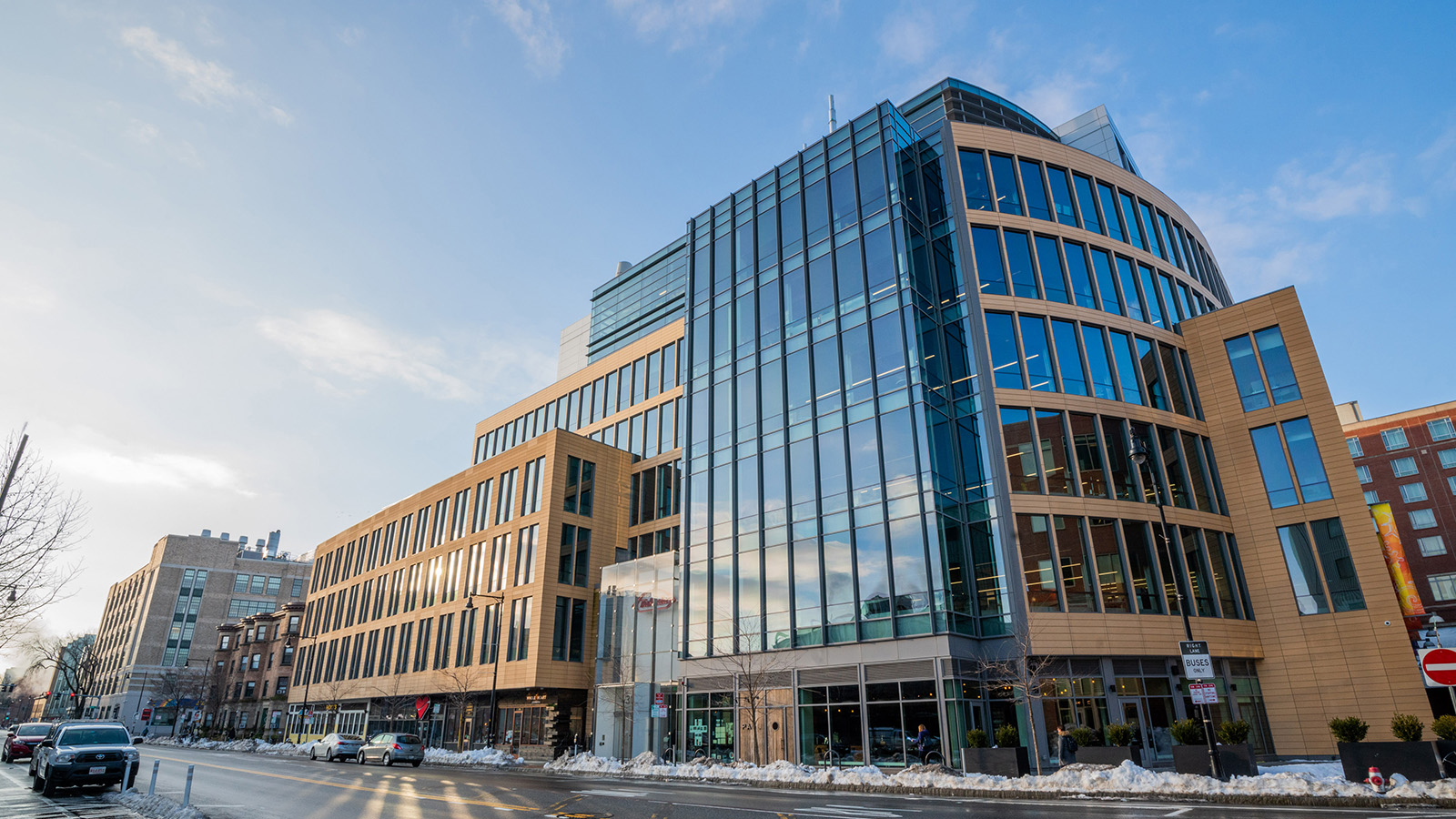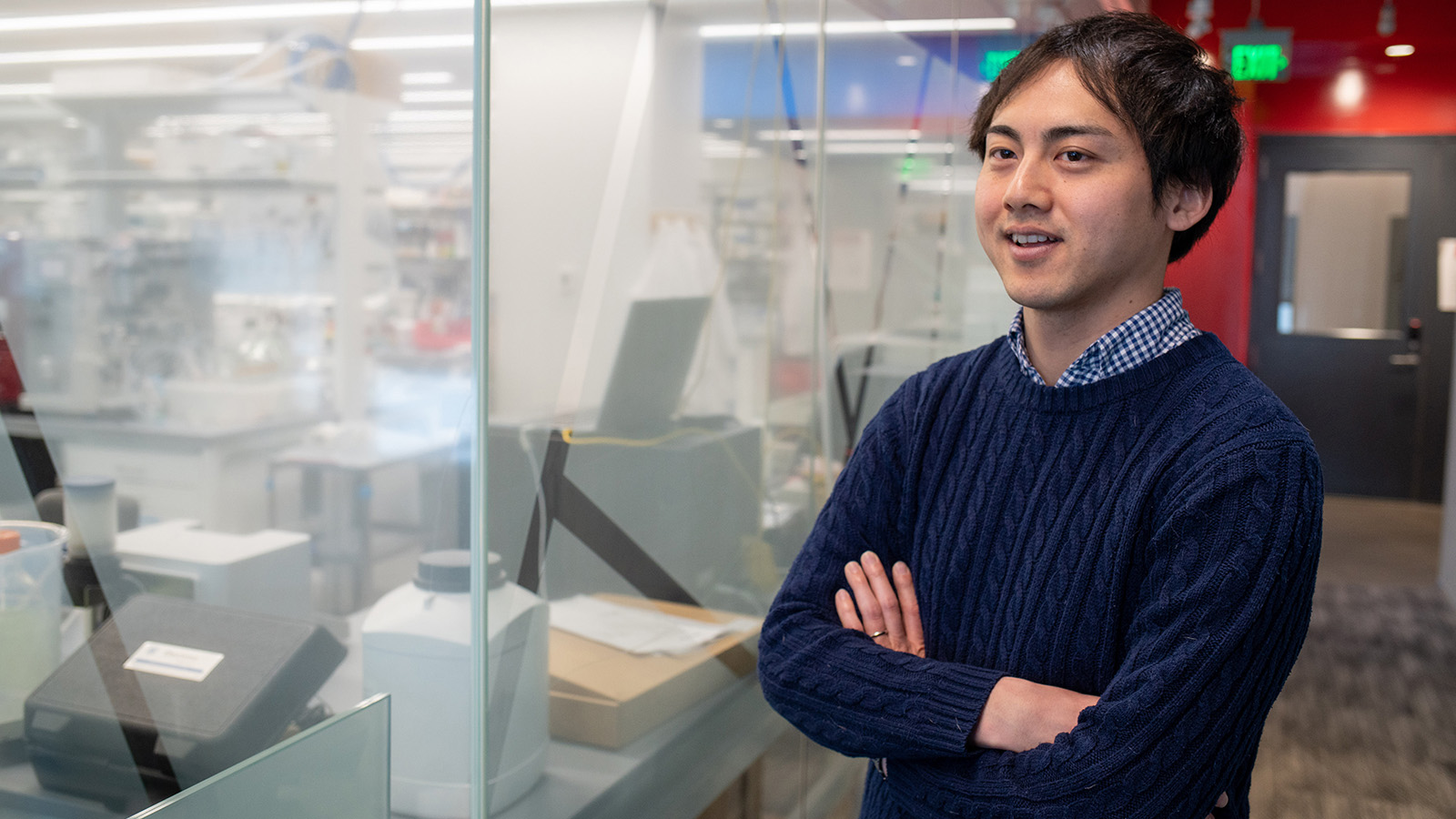After surgery, radiotherapy and chemotherapy, a fourth method of treating cancer is gaining increasing attention: immunotherapy. At Takeda’s research center in Boston, a large team of researchers is working hard to develop new treatments based on this cutting-edge approach.
A path that led from Shonan to Boston
When I joined Takeda, I worked at Shonan Research Center (SRC, currently Shonan Health Innovation Park [iPark]) in Kanagawa Prefecture south of Tokyo, studying the effects of drugs in projects focused on developing treatments for autoimmune diseases. Four years later, following a reorganization of the company’s research operations, the focus at SRC was narrowed to concentrate on neuroscience and regenerative medicine, while gastroenterology and cancer research was consolidated in Takeda’s labs in Boston. It was then that an opportunity arose for some researchers to transfer to Boston, and as soon as the in-house recruitment began, I put my name forward. I was fortunate enough to be selected and in 2017 relocated here.
My research now is focused on developing immunotherapy treatments for cancer, an area which recently has been attracting a lot of attention. Put simply, with immunotherapy the body’s immune system is activated to attack cancer cells. I’d actually chosen to study immunology in university because I wanted a career in which I could develop new treatments, and with the body’s immune system playing such a major role in fighting disease the possibilities seemed endless. This was one reason why I joined Takeda—a desire to apply immunology to the field of drug discovery. Another reason was because I wanted to work abroad in the future, and I saw that Takeda could provide that opportunity.
The application of Takeda’s philosophy, “Takeda-ism,” in support of research
Drug discovery research is flourishing in Boston. It’s the place to go to attend lectures by the world’s best scientists and learn what’s being done at the leading edge of the field. This provides a lot of inspiration and motivation for us as we work on the creation of drugs that will have a beneficial impact on patients. As we work, we think about how we can distinguish ourselves from other companies, using technology to serve the clinical front lines of treatment, and through that be a source of strength to patients everywhere. We have a clear strategy, and everyone on the research team is constantly learning both individually and from one another. Even if most of our research results don’t lead directly to drug discovery in the short term, the research is still very valuable, as it contributes to the steady accumulation of knowledge and the further development of our team’s capabilities.




